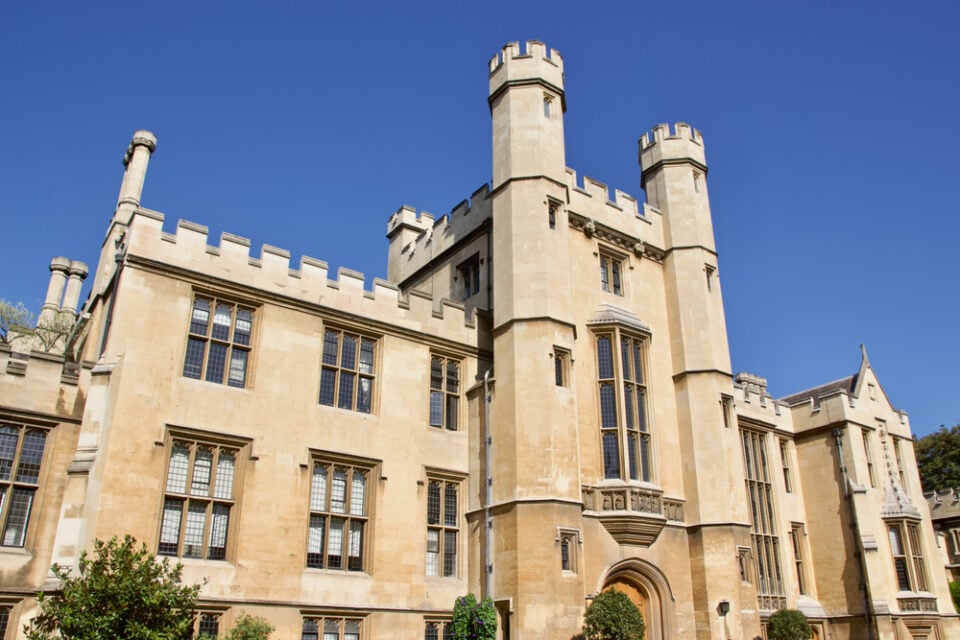Getting Christian values back into the school curriculum
By Beth Walton
The percentage of Australians who identify as Christians has been in decline for some time and is now at its lowest point ever.
Describing the Church as being in ‘liminal space’ – the uncertain transitional period between a familiar old life and an as-yet unknown future – I believe Archbishop Geoff gave us permission to think radically and explore different ways to present the Christian faith to the wider community.
Most of my friends do not identify as Christians and yet they live by Christian values. Why then, not identify as a Christian? Part of their reluctance is in how they perceive God and our relationship with God. To me, this is a very personal thing and for most people (especially those not born into church-going families), understanding and reaching this deep relationship is not something that happens overnight – it is a long, intentional journey.
I see the Christian cohort a little like an avocado. In the centre is the stone. This represents those Christians who have a deep and intimate relationship with God. Around the stone is the flesh. This represents those drawn to Christianity by Jesus’ teachings and who are still in the early part of their lifelong journey to a better understanding of, and a deepening relationship with God.
Jesus’ teachings are powerful. They make us valued citizens in the community through our love for one another, our willingness to forgive and our positive outlook – through our delight and celebration of life and creation, and our capacity for hope in the darkest of times.
For people unfamiliar with the Christian faith, these aspects are easier to relate to than immediately trying to grapple with a relationship with God. That will come, but it is something that necessarily takes time to grow.
If our emphasis on the way we present the Church to the wider community was to focus on the teachings of Jesus, this man who lived 2000 years ago and turned the world upside down, then I believe we could again be a powerful presence in the community. Focusing on how his teachings guide us in our lives – encouraging love, care and connection with others as well as a positive sense of community may even pave the way back to our being a presence in schools.
We are reminded almost daily that many young people are crying out for more empathy and caring in their world. Amanda Gordon, one of Australia’s most respected clinical psychologists wrote in The Advertiser, earlier this year:
‘When I speak to young people they tell me that the older generations have let them down. That they have inherited a broken world, [they speak] of an environment hurt by us, of wars and conflict, of struggle and lack of hope. They see no point in repeating the life of their parents – but don’t know how to create a better one. Some are giving up.’
‘Many rate isolation as a significant problem, perhaps meaning that they don’t feel they have caring people in their lives to whom they can turn.’
Surely the Church has a role to play, not only in helping to reduce the fundamental cause of loneliness and hopelessness experienced by some but also in working with our State and Federal Governments that are calling for greater emphasis on civics, citizenship and the fundamentals of democracy in our schools’ curriculum.
Our democratic system is based on the principles of the Magna Carta. This 13th century document – which has over the centuries informed various western governments and other influential bodies (including the United Nations) on democracy, law and human rights – was drafted by Stephen Langton, the Archbishop of Canterbury (1207-1228).
There can be no doubt, Christian values underpin our way of life, in the way we live life, connect with and treat each other, and in our democratic governmental system based on social equity and justice. We don’t want to lose this.
So, the question is – how can our Church once again become a strong positive force in our community? Would it be feasible for Christian (and possibly other) faith leaders to explore how they can work with Government to assist in building resilience, positivity and strong community values in our school age students. Could there be an opening to integrate short Christian based study units into school curriculums which aim to better inform our children and youth about the values which underpin positive community leadership and our democratic system?
We are in liminal space – let’s grab the opportunity and strive to make a difference!






